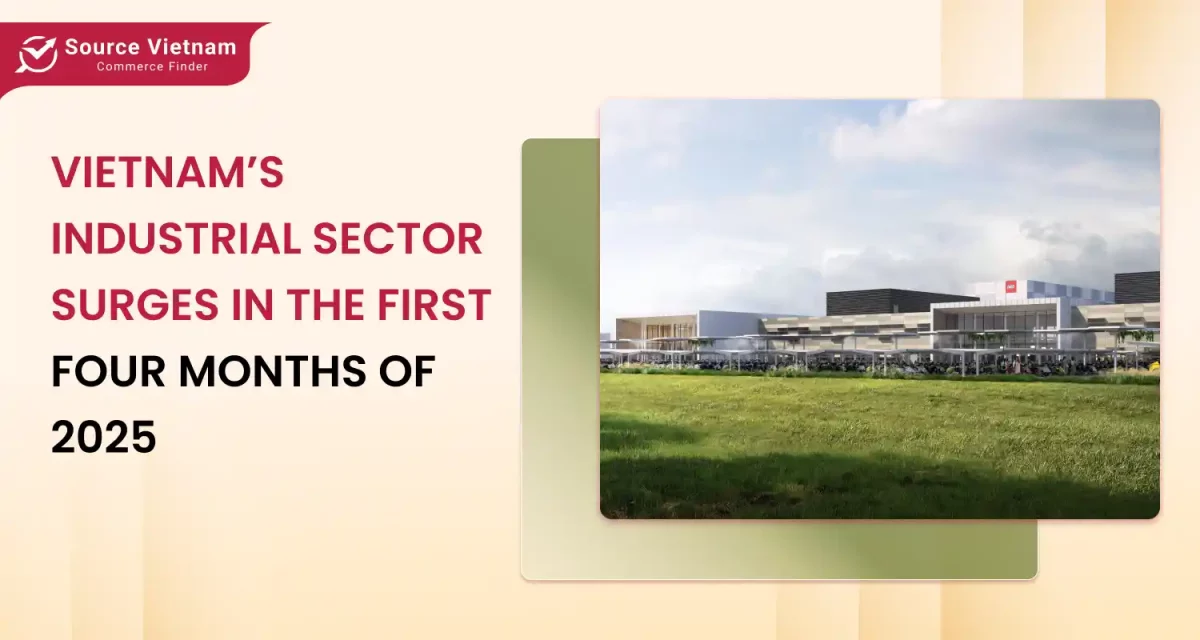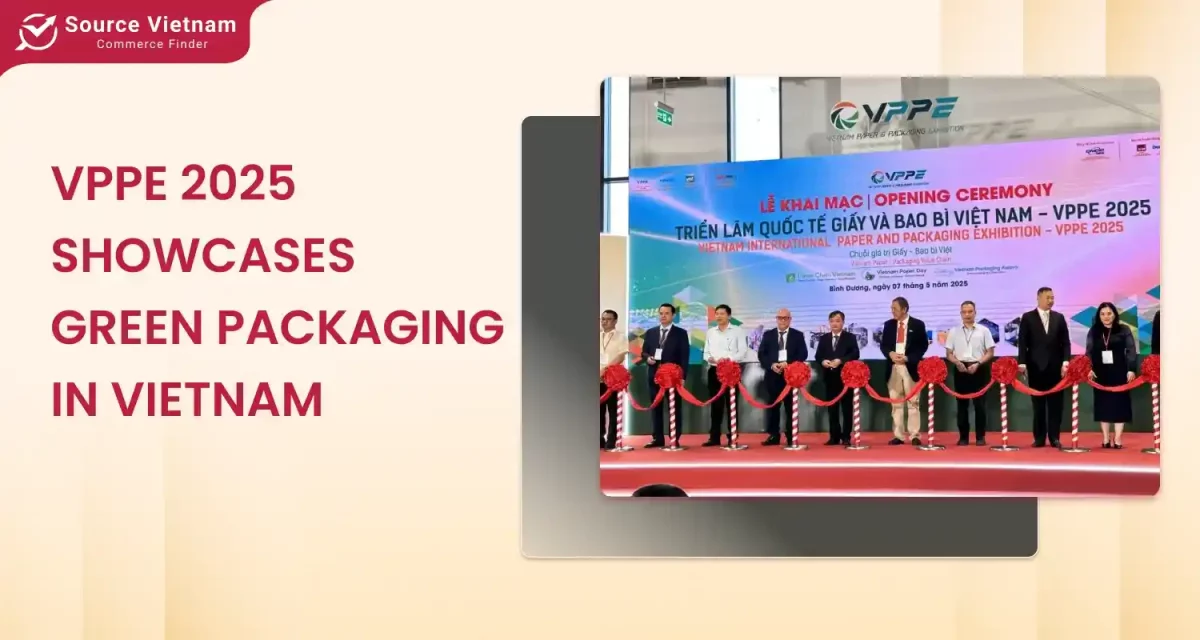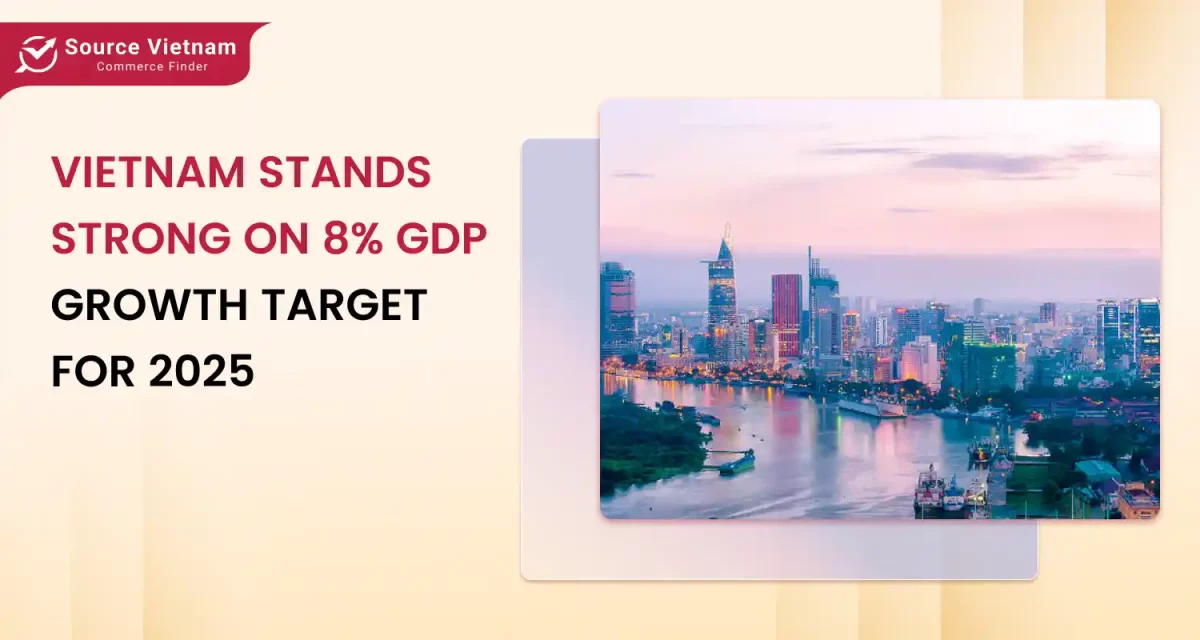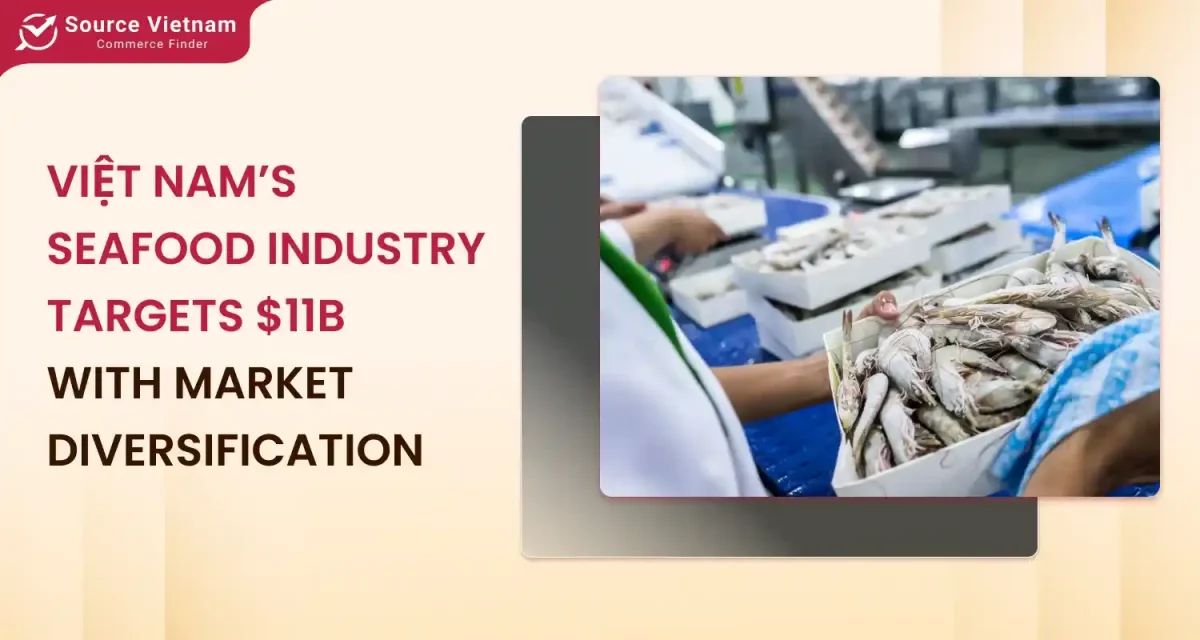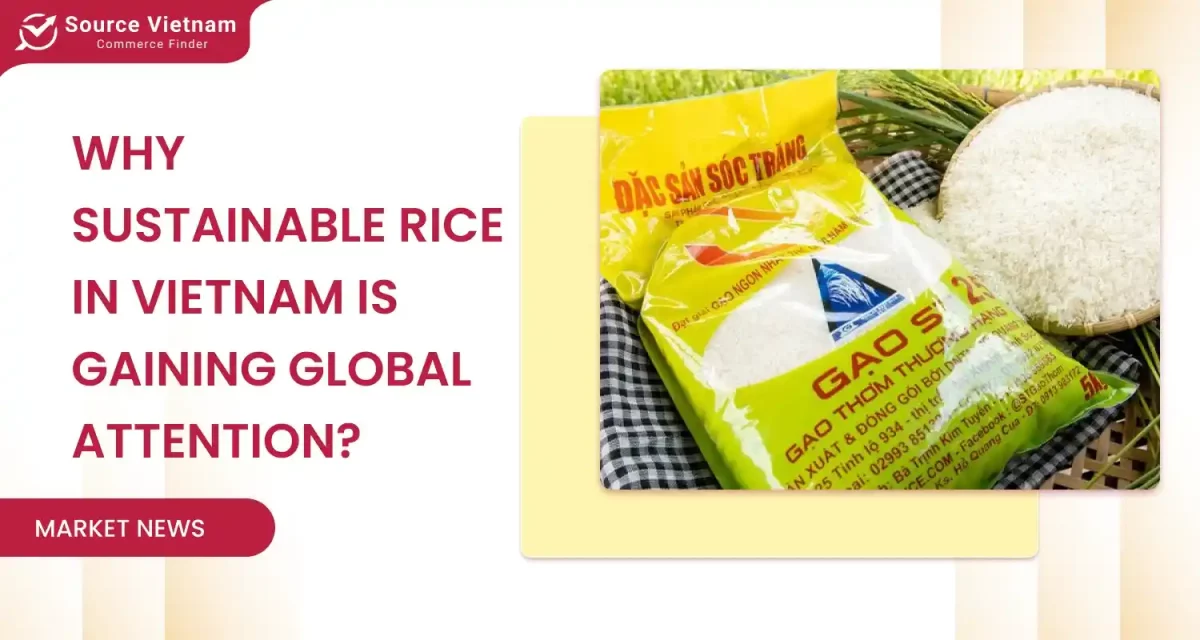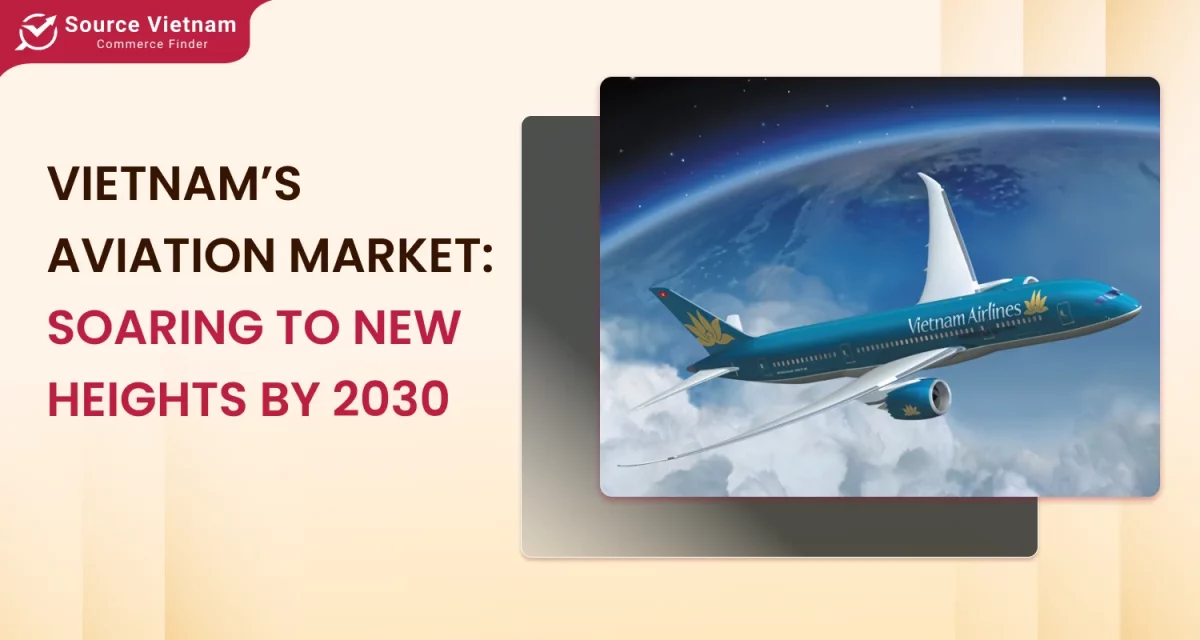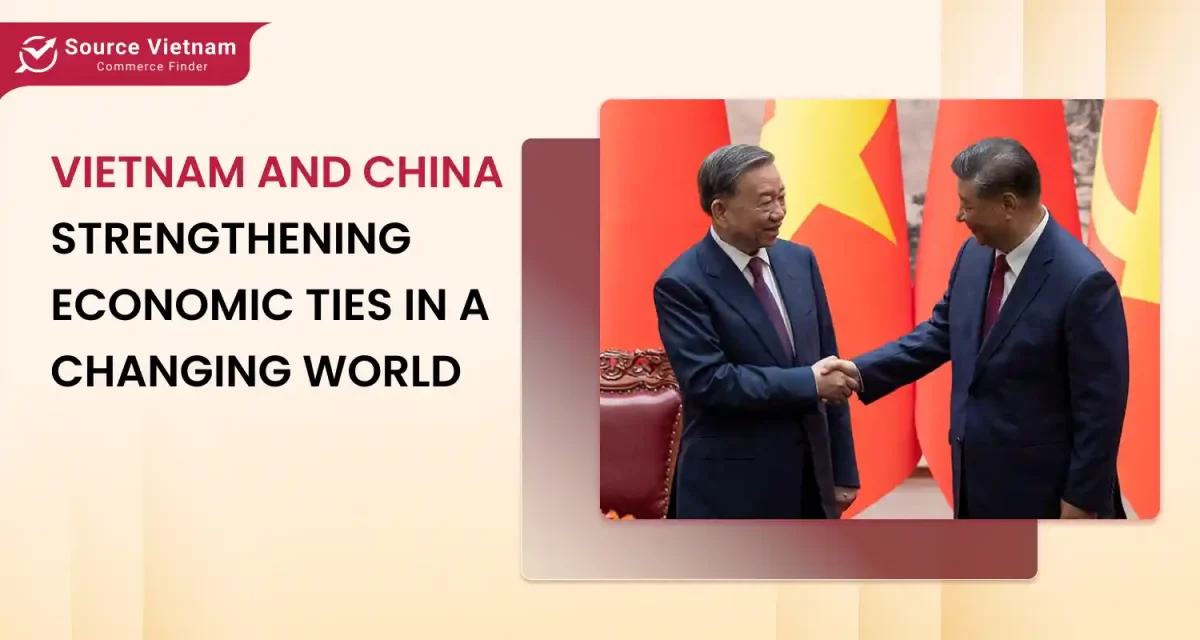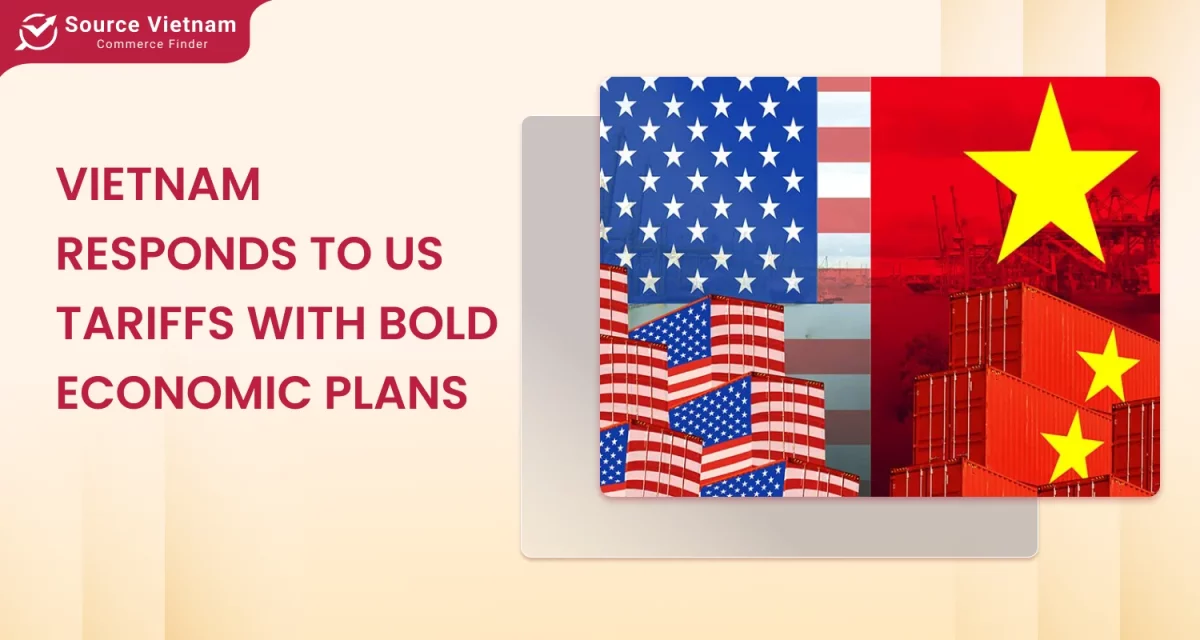Insight:
- Israel’s advanced agritech solutions, including precision irrigation, AI-driven farming, and sustainable water management, offer Vietnam a pathway to overcome agricultural challenges like low productivity and climate change.
- Through collaboration, technology transfer, and investment, Vietnam can modernize its farming sector, ensuring long-term sustainability and food security.
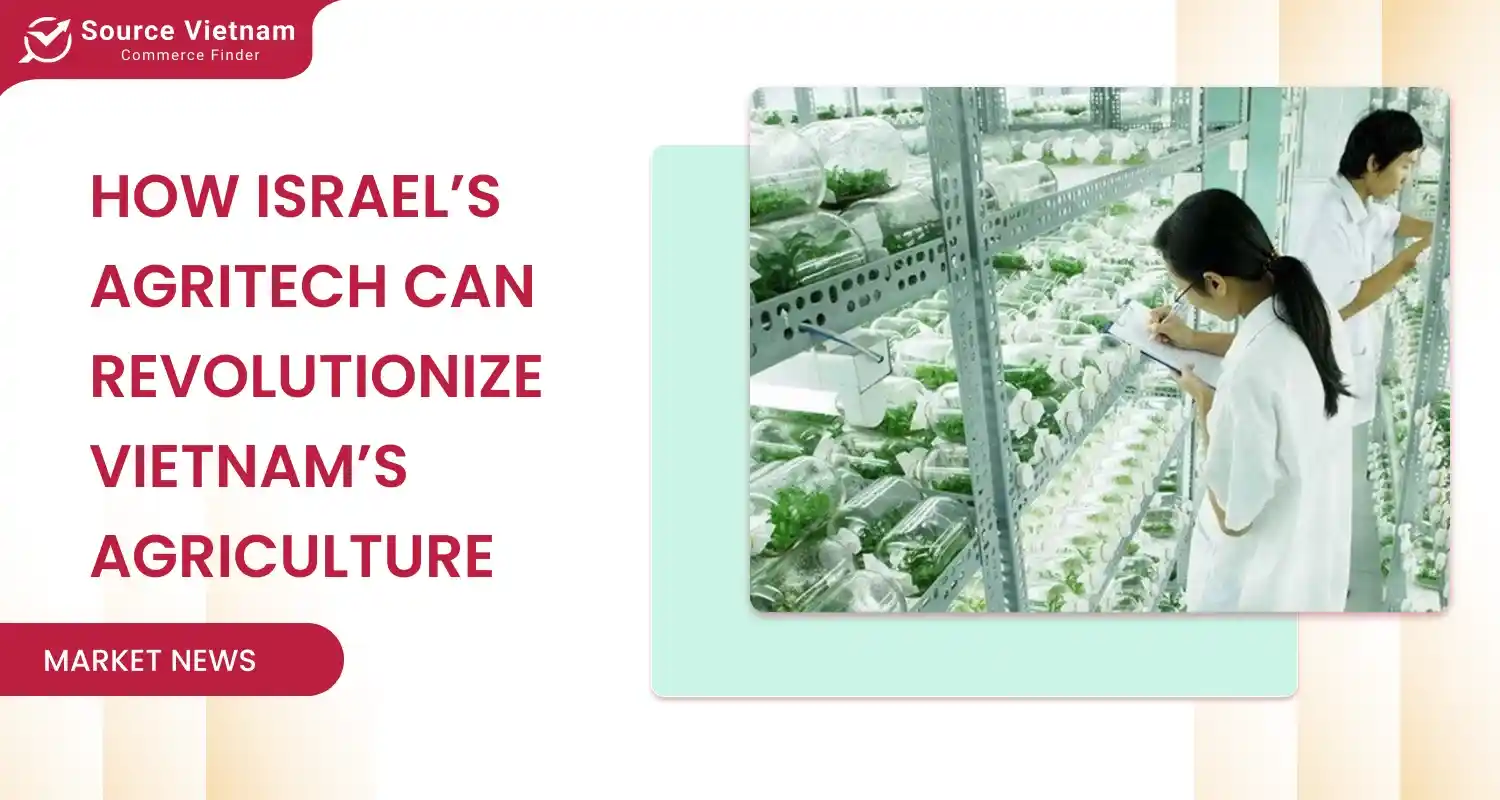
As climate change and resource scarcity challenge global food security, technological advancements in agriculture are more crucial than ever. A recent conference in Tel Aviv connected Israeli agritech firms with Vietnamese stakeholders, highlighting innovations like precision farming and automated irrigation. With Israel’s success in sustainable agriculture under harsh conditions, these technologies could help Vietnam boost productivity, improve crop quality, and adopt more efficient agricultural practices.
Israel’s agritech: A model for innovation
Israel faces extreme agricultural challenges, with over 60% of its land being deserted and a severe shortage of freshwater resources. Despite these harsh conditions, the country has achieved food security and become a global leader in agricultural innovation. By leveraging advanced technologies, Israel has transformed its barren landscapes into productive farmlands, proving that even the most challenging environments can support thriving agriculture.
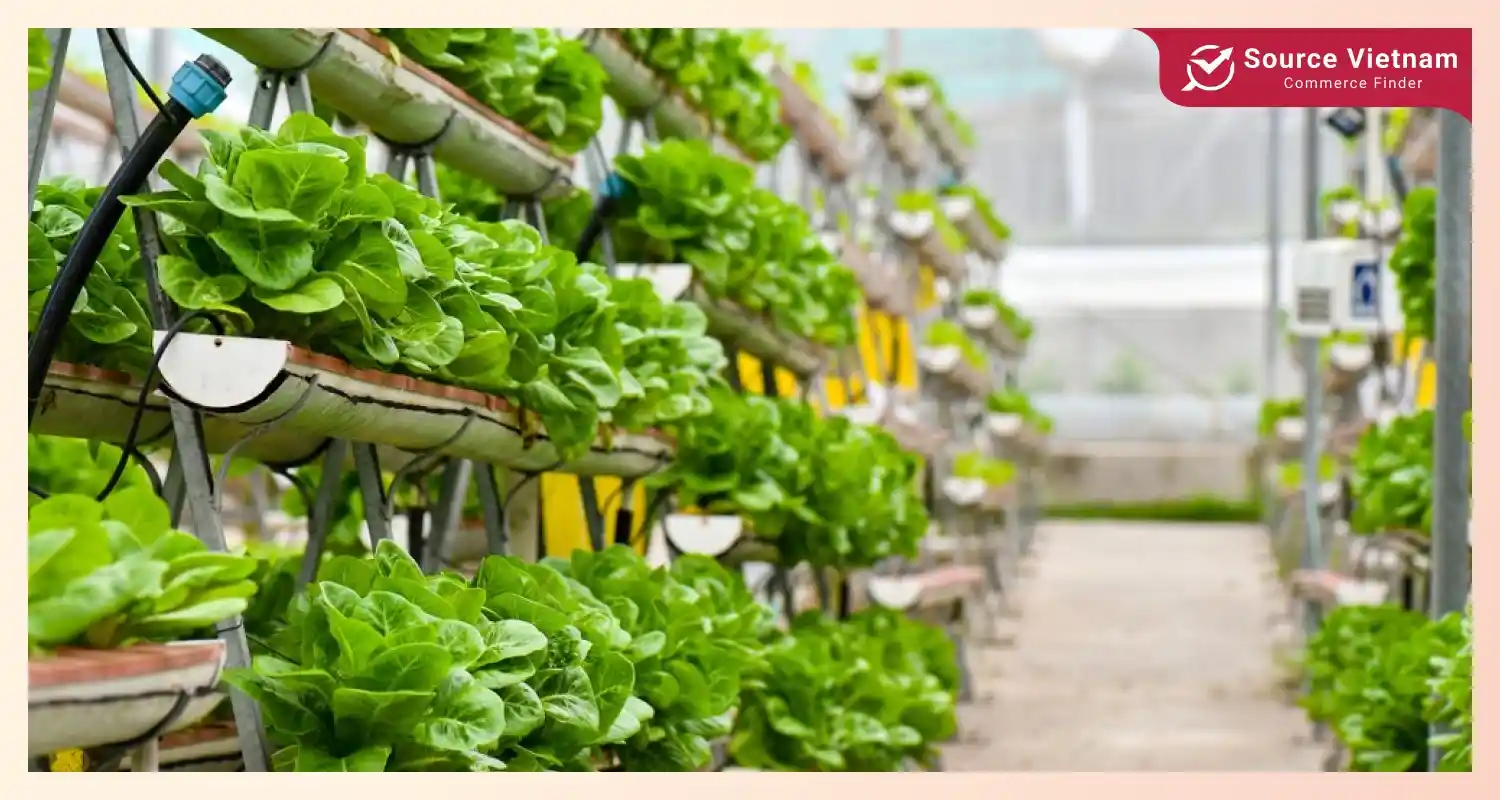
The key to Israel’s success lies in its strategic use of agritech, including precision irrigation, water recycling, and high-tech crop monitoring systems. Drip irrigation, an Israeli invention, has revolutionized water efficiency, while desalination and wastewater reuse provide a stable water supply. Additionally, strong collaboration between research institutions, agribusinesses, and the government has fostered continuous innovation, making Israel a model for smart, sustainable agriculture worldwide.
Technologies introduced at the conference
Israeli agrotech companies showcased cutting-edge technologies at the Tel Aviv conference to enhance agricultural productivity and sustainability. Remote sensing and imaging systems allow farmers to precisely monitor soil health and crop conditions, helping them make data-driven decisions. Automated farming solutions powered by artificial intelligence (AI) optimize irrigation, fertilization, and harvesting, reducing waste while improving efficiency.
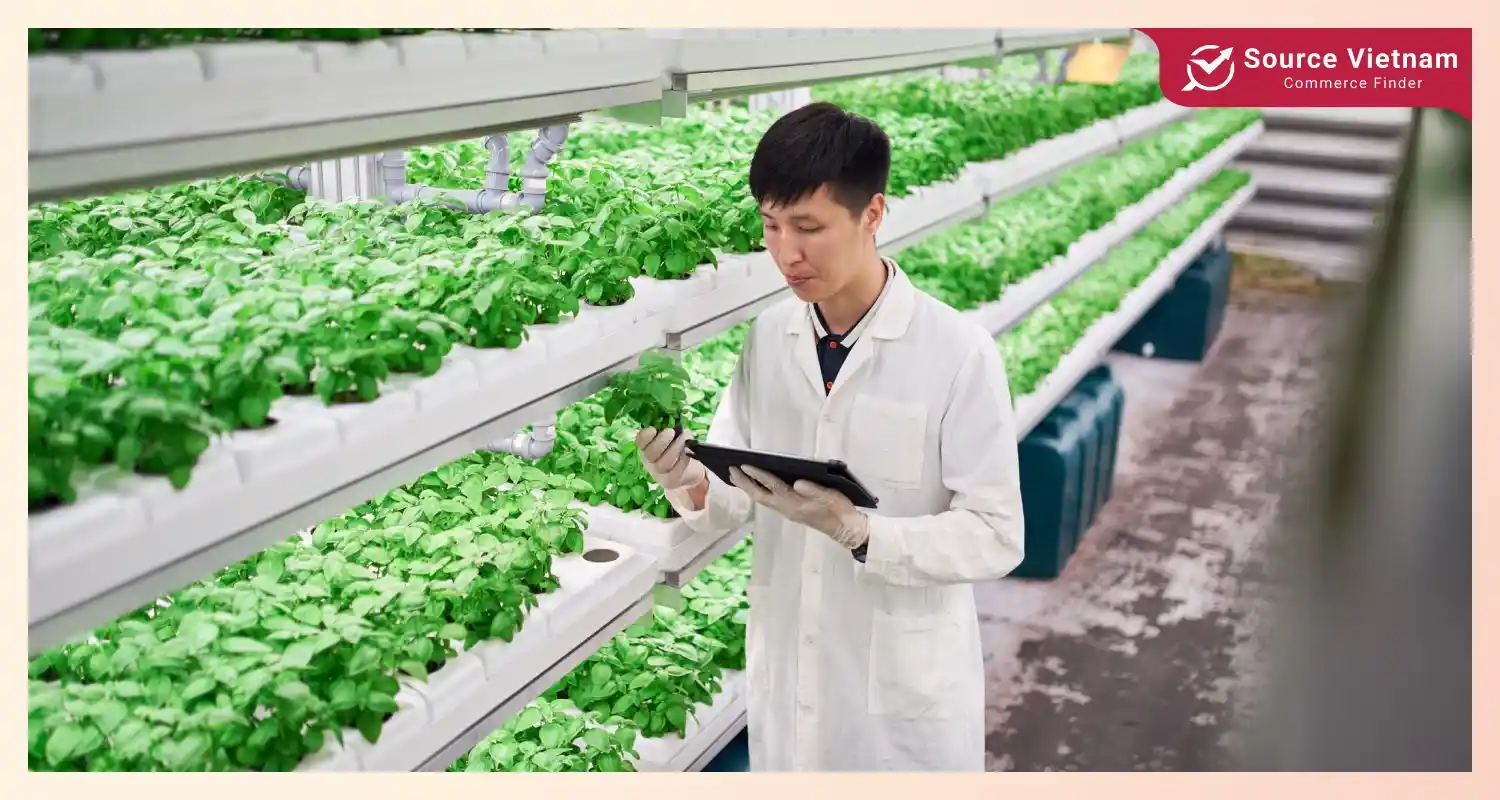
Drones and smart sensors provide real-time data on weather patterns, soil moisture, and plant health, enabling proactive management of farms. Meanwhile, sustainable farming solutions, such as renewable energy-powered irrigation systems and advanced water management techniques, ensure long-term agricultural resilience. These innovations offer promising opportunities for Vietnam to modernize its farming sector, boosting productivity and sustainability.
How Vietnam can benefit from Israel’s agritech
Vietnam’s agriculture faces challenges, including low productivity, climate change impacts, and inefficient resource management. Farmers often struggle with unpredictable weather patterns, soil degradation, and water shortages, making traditional farming methods less effective. Vietnam must embrace innovative solutions that enhance efficiency and sustainability to remain competitive and ensure food security.
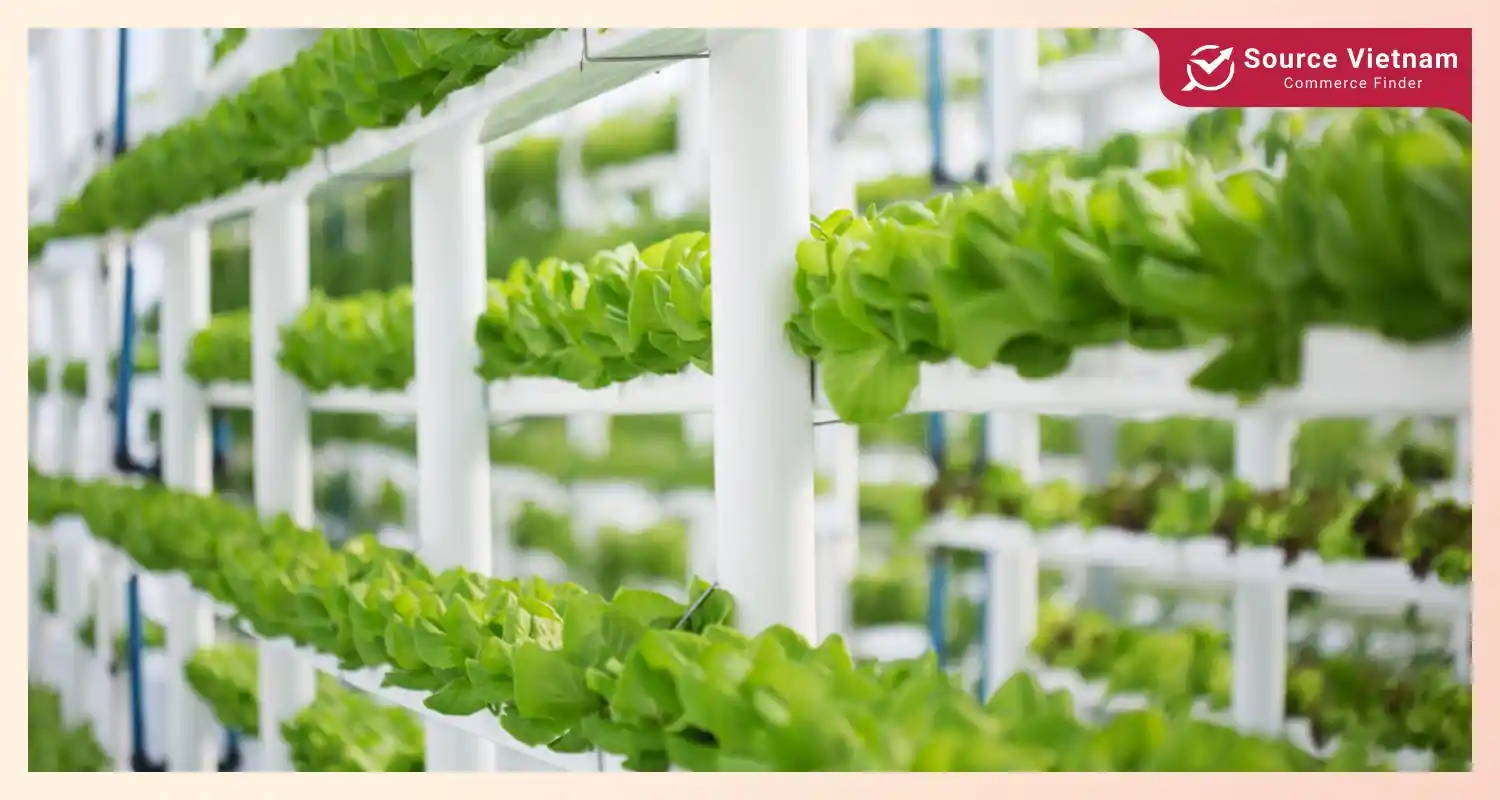
Israel’s agritech offers practical answers to these issues. Precision irrigation can help optimize water use, while AI-driven farming systems improve crop yields and reduce waste. Remote sensing and drones provide real-time monitoring, allowing farmers to respond quickly to environmental changes. By adopting these technologies, Vietnam can boost agricultural output, reduce resource consumption, and create a more resilient, eco-friendly farming industry.
The role of collaboration
Collaboration between Vietnam and Israel is key to unlocking the full potential of agritech in Vietnam. Vietnam’s ambassador to Israel emphasized that Vietnam should focus on long-term partnerships and knowledge exchange beyond purchasing technology. Technology transfer and joint ventures will allow Vietnamese farmers and agribusinesses to adapt Israel’s innovations to local conditions.
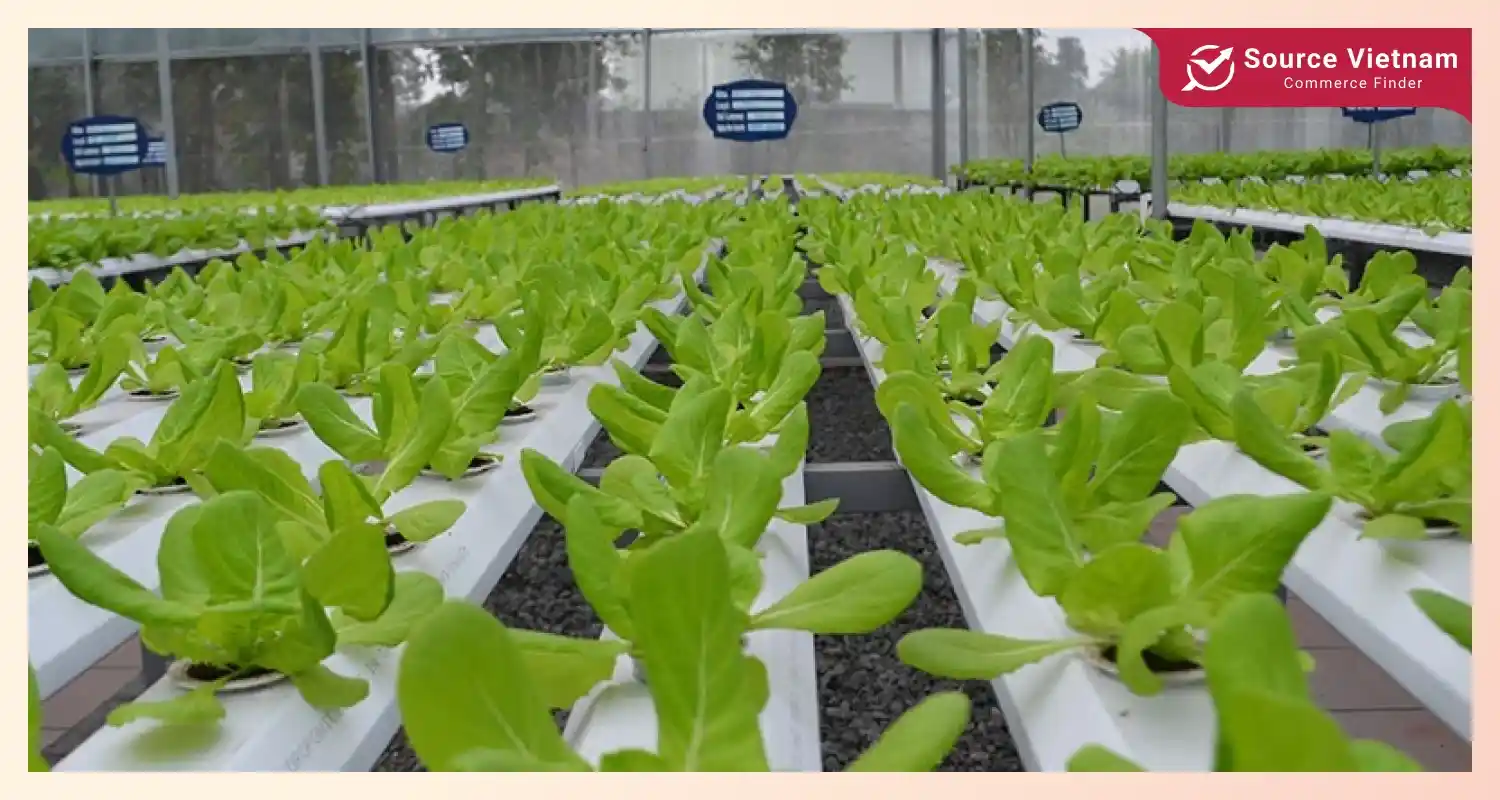
A recent example is GinoSar’s agreement to transfer high-quality fruit breeding technology to Vietnam, which could significantly improve crop yields and quality. Such collaborations pave the way for a more innovative, sustainable agricultural sector in Vietnam.
Future outlook & challenges
While Israel’s agritech presents excellent opportunities for Vietnam, successful implementation requires careful planning and investment. Key steps include upgrading agricultural infrastructure, providing financial support for farmers to access new technologies, and offering training programs to ensure proper usage.
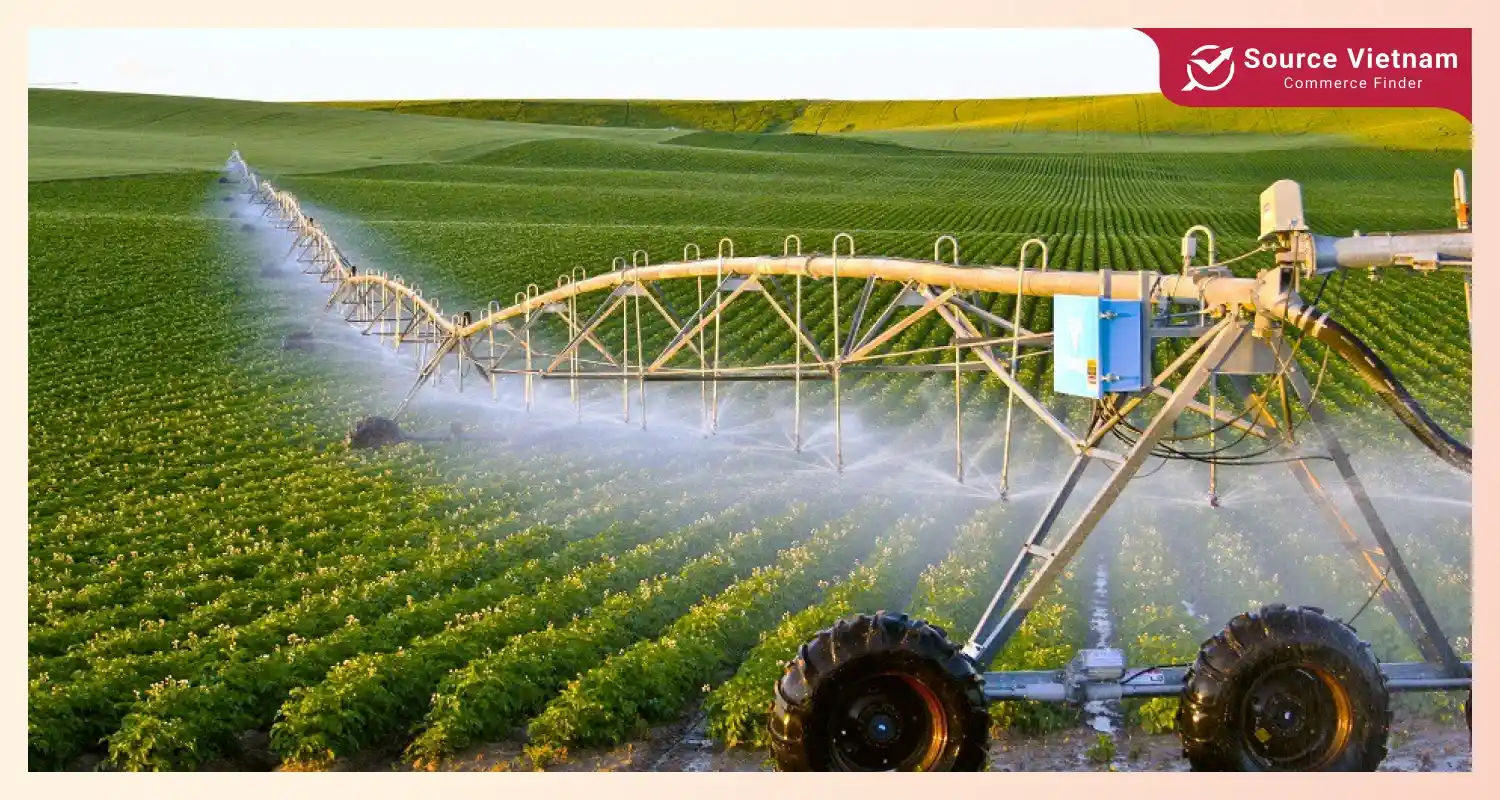
However, challenges such as high initial costs, limited technical expertise, and the need for policy support could slow adoption. Collaboration between the government and private sector is crucial to overcome these barriers. Government incentives, research partnerships, and corporate investments can help accelerate the transition, ensuring that Vietnam fully benefits from these advanced agricultural solutions.
Conclusion
The Tel Aviv conference highlighted the transformative potential of Israeli agritech in addressing Vietnam’s agricultural challenges. From precision irrigation to AI-driven farming, these innovations offer practical solutions to improve productivity and sustainability. The growing collaboration between Vietnam and Israel, exemplified by technology transfer agreements like GinoSar’s fruit breeding project, underscores the value of strong partnerships in modernizing agriculture.
Vietnam must embrace these advancements through investment, training, and policy support. It’s time for farmers, businesses, and policymakers to engage in discussions and drive innovation, ensuring a more resilient and sustainable future for Vietnam’s agriculture. Follow SourceVietnam.com for the latest updates on the Vietnamese coffee market and business opportunities!

